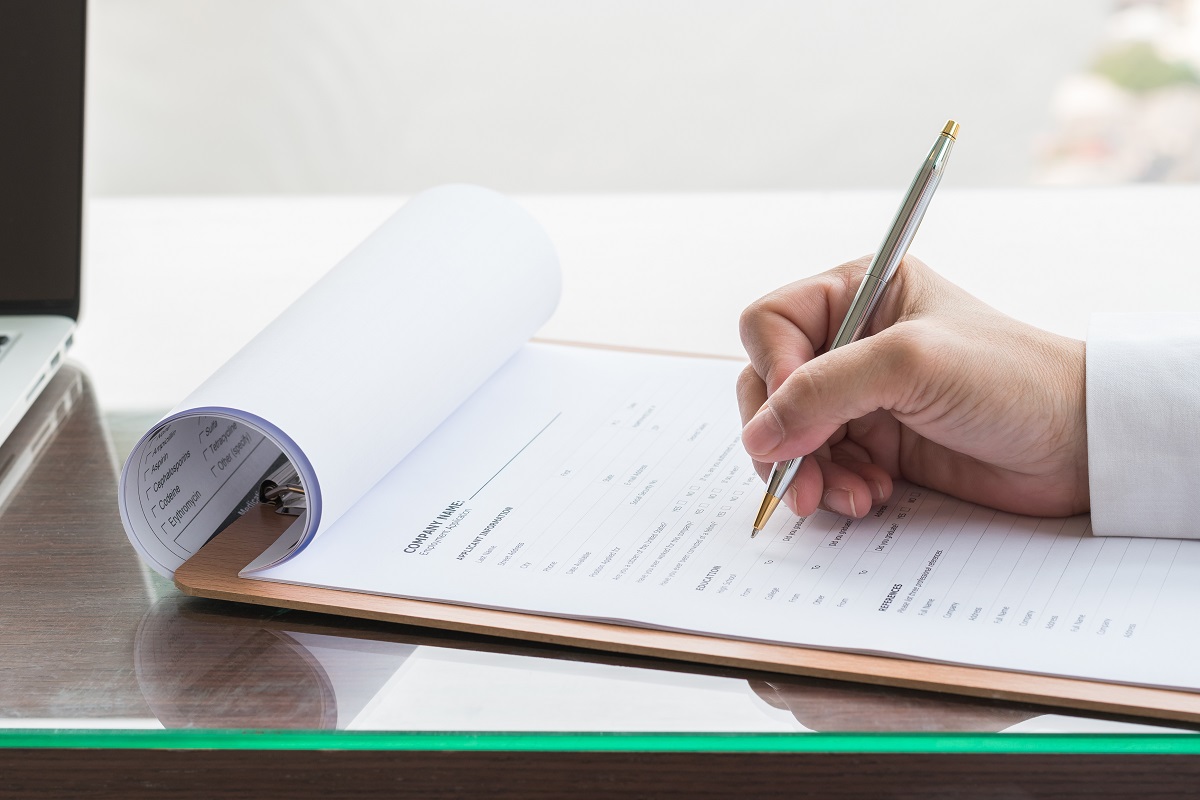Data breaches are common in the healthcare field and are always potentially devastating for both the patients and the medical providers. Hence, ensuring data security is the responsibility of every healthcare professional, especially those who run their own practice.
If you have your own clinic, here are some of the best ways you can safeguard your patients’ healthcare data:
1. Acquire a secure platform
Data is left vulnerable to hackers and identity thieves if left on an insecure platform. Thus, the best way to protect patient information and other sensitive data is to use a secure platform, such as Julota, to share information across different sources in the most secure manner possible.
2. Educate all of your staff
Everyone on your staff should be aware of the privacy rules that the law requires medical establishments to abide by. Moreover, they need online security education to prevent data breaches caused by phishing sites, fake emails, and other malicious attempts to gain access to private data. Since employees are often the cause of data breaches, whether through deliberate actions or unintentional negligence, data security education and training should be your top priorities.
3. Secure physical data

Not every piece of data can be stored electronically unless you don’t use paper at your practice anymore. If you have private information on paper, take measures to secure these documents in your clinic, such as securing file cabinets, locking document rooms, and placing CCTV cameras in key places to prevent theft. It also helps to provide access to authorized people only in file rooms and other places where sensitive data may be stored.
4. Safeguard the network
Protect your data against online attacks by updating your network, choosing secure passwords, and installing anti-virus software, among many other network security measures. Instruct your IT guy to monitor and update these security measures as needed, especially when you upgrade to a new network.
5. Monitor the use of personal gadgets
It is common practice to ban personal gadgets, such as cellphones and tablets, in establishments that handle sensitive medical information as people can easily use them to record sensitive data. However, these gadgets can also help staff do their job easily and more efficiently. As the practitioner, it’s your call whether you want to ban the use of personal gadgets during work hours or not. But if you go with the latter, make sure these devices are not used for unscrupulous data activity.
6. Back-up your data
Data loss can be just as devastating as a data breach. Fortunately, there are lots of ways you can back-up your data, such as by using physical storage devices or uploading to the cloud. But whatever back-up method you use, ensure that the device or software you’re using is secure.
Hackers steal medical data to sell information that can be used for unscrupulous activities, such as filing false insurance claims, creating fake IDs and credit cards, and extorting the victim. As a medical provider, you can protect your patients’ information by using these security measures and keeping up with the latest technology designed to safeguard sensitive data.

